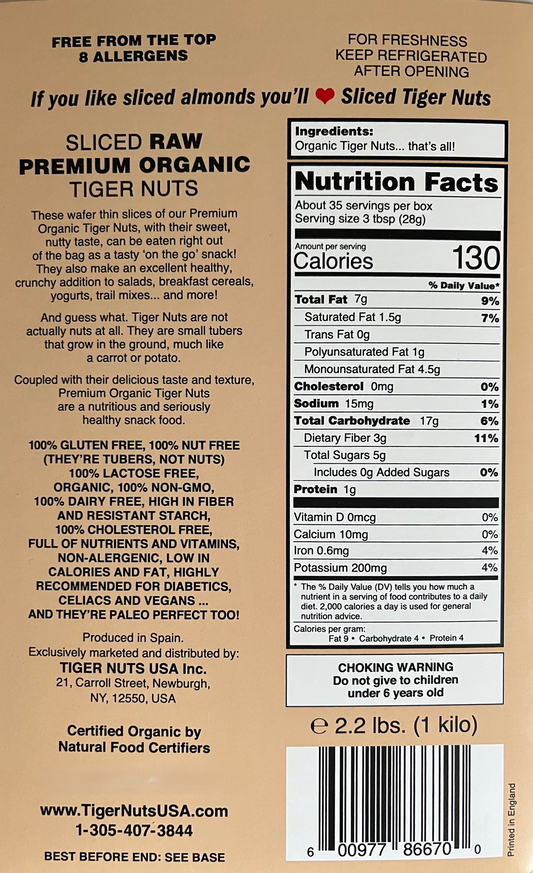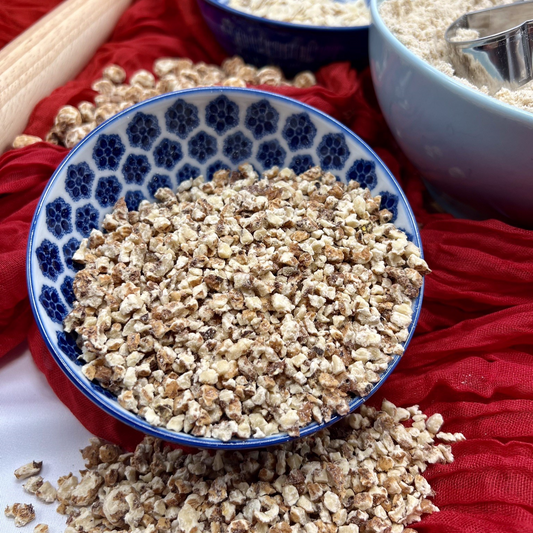In a world that's becoming increasingly conscious of its impact on the environment and personal health, the plant-based diet has emerged as a shining beacon of wellness and sustainability. Rich in nutrients, fiber, and low in saturated fats, a plant-based diet offers a myriad of benefits of plant-based diet for individuals and the planet. Whether you're a seasoned vegan or just embarking on this transformative journey, here are the top 10 things you should do to start and maintain a plant-based diet, along with the incredible reasons why this dietary shift is a boon for you, your body, and the planet we all share.
1. Educate Yourself: Before diving in, arm yourself with knowledge about plant-based meal planning, benefits of plant-based diet, and recommended daily intake to ensure you're meeting all your nutritional needs while embracing a plant-based lifestyle.
2. Start Gradually: Transitioning to a plant-based diet doesn't have to be an overnight change. Start by incorporating more plant-based meals into your routine, gradually reducing animal products.
3. Explore Plant-Based Alternatives: Explore the diverse range of plant-based protein sources available today, from Tiger Nut milk to veggie burgers. These options can make your transition smoother and more enjoyable.
4. Embrace Whole Foods: Focus on whole, unprocessed foods like fruits, vegetables, whole grains, legumes, nuts, and seeds. These whole foods plant-based diet are packed with essential nutrients and offer numerous health benefits.
5. Plan Balanced Meals: Design your meals to include a variety of foods that provide essential nutrients like protein, iron, calcium, vitamin B12, and omega-3 fatty acids. This ensures your body's needs are met on a plant-based diet.
6. Monitor Protein Intake: Plant-based protein sources like beans, lentils, tofu, tempeh, quinoa, and nuts are essential for maintaining muscle mass and energy levels.
7. Prioritize Nutrient Supplementation: Vitamin B12, typically found in animal products, is essential for nerve function and DNA synthesis. If following a strict plant-based diet, consider a B12 supplement.
8. Stay Hydrated: Drinking water is crucial for overall health, regardless of your diet. Stay adequately hydrated to support digestion, circulation, and skin health.
9. Listen to Your Body: Pay attention to how your body responds to the new diet. If you're feeling fatigued or notice any deficiencies, consult a healthcare professional for guidance.
10. Be Mindful of Food Sourcing: Opt for locally grown and organic produce whenever possible to reduce your carbon footprint and support sustainable agriculture.
The Amazing Benefits for You and the Planet:
1. Improved Health: A well-balanced plant-based diet is associated with reduced risk of chronic diseases like heart disease, diabetes, and certain cancers due to its low saturated fat and high fiber content.
2. Weight Management: Plant-based diets are often lower in calories and saturated fats, making them effective for weight management and achieving a healthy body mass index (BMI).
3. Enhanced Digestion: The fiber-rich nature of plant-based foods supports healthy digestion, prevents constipation, and fosters a diverse gut microbiome.
4. Ethical Considerations: By eliminating or reducing animal products, you contribute to the reduction of animal suffering, making a positive ethical impact.
5. Environmental Stewardship: The livestock industry is a major contributor to greenhouse gas emissions, deforestation, and water pollution. Opting for plant-based foods reduces your ecological footprint and supports a more sustainable planet.
6. Biodiversity Conservation: A plant-based diet requires less land and resources, allowing for the preservation of biodiversity and natural habitats.
7. Water Conservation: Producing plant-based foods requires significantly less water than raising animals for food, making it a more sustainable choice in water-scarce regions.
8. Climate Change Mitigation: Reducing reliance on animal agriculture plays a vital role in mitigating climate change, as it reduces methane emissions and conserves energy.
9. Positive Economic Impact: Plant-based diets can promote local agriculture and reduce healthcare costs associated with diet-related diseases, benefiting communities and economies.
10. Personal Fulfillment: Adopting a plant-based diet aligns with personal values of compassion, mindfulness, and environmental responsibility, fostering a sense of fulfillment and purpose.
In conclusion, transitioning to a plant-based diet is not only a journey toward better health but also a commitment to the well-being of our planet and the diverse life it sustains. By making conscious dietary choices, you become a part of a global movement that seeks to nourish both body and environment, creating a brighter, greener future for all. So, whether you're taking the first step or continuing on your plant-based path, know that each plant-based meal is a small but impactful step toward a healthier you and a healthier Earth.
This article was brought to you by Tiger Nuts USA www.tigernutsusa.com
You should know that all of our Tiger Nuts products are Gluten and Nut Free, Organic, High in Fiber and Nutrition, Low in Fats, Non Allergenic, AIP, Paleo and much more. Today you can use the Discount Code NUTS5 and Save 5% on any purchase of Tiger Nuts at www.tigernutsusa.com










